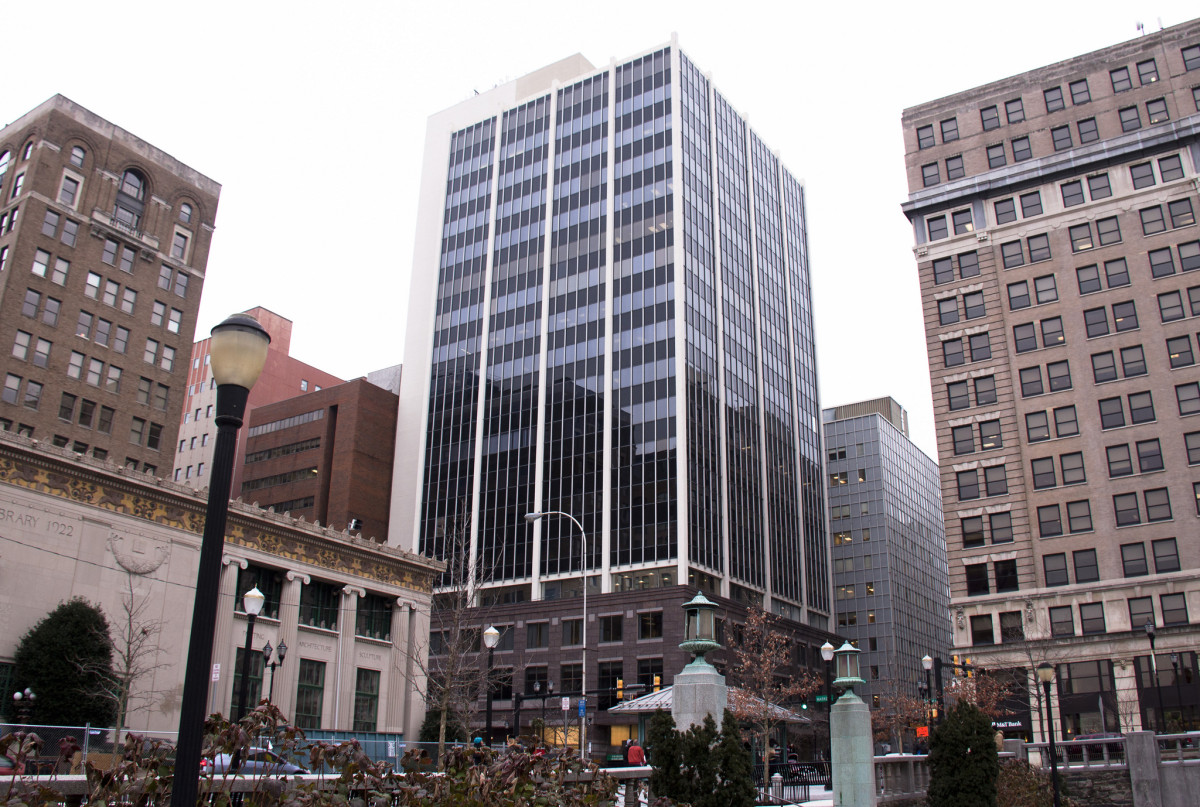The list of reasons why a startup might leave its birthplace varies from city to city. From hiked wage taxes to inadequate access to capital, the list can go on and on.
Regardless of what may or may not be on that list, leaders of local tech scenes across the country will argue for their startups and entrepreneurs to stay local rather than leave for larger hubs in Silicon Valley or New York.
USEED founder Brian Sowards does not agree.
When we try to create an innovation economy in an area by keeping people in an area where it's not best for them to be, we hurt them and we hurt ourselves.
USEED, which launched out of Wilmington’s coIN Loft in 2012, was recently named by Inc. as one of 16 startups “Poised to Disrupt the Education Market.” The now Tempe, Ariz.-based startup works with colleges and universities to build crowdfunding platforms for student projects.
Tempe?
“[Startups] have to go where there are early adopters who are willing to make really big bets on really big ideas that haven’t been entirely figured out yet,” said Sowards. “In our case, we went to Arizona State University in Tempe, Ariz., which is where we’re located today because we found someone who was willing to bet early on us.”
Sowards compared USEED to other formerly Delaware-based startups such as Kurbi (Madison, Wis.) and Nfoshare (Philadelphia, Pa.), both of which left Delaware for opportunity elsewhere.
When Kurbi founder Wes Garnett announced he was leaving Delaware last month, Cverg cofounder John Kirk told Technical.ly Delaware the exit means we’re “failing as a community.”
Sowards doesn’t believe Delaware’s tech community is “failing,” per se — but he does believe trying to keep startups in their cities of origin sets those communities up for failure.
“When we try to create an innovation economy in an area by keeping people in an area where it’s not best for them to be, we hurt them and we hurt ourselves,” he said. Instead, he believes we should celebrate their success. “Those are the people who will come back and build what will ultimately be an innovation economy here, because this is our home and this is our hometown.”
The statement strongly echoes something similar he said on a panel in Philadelphia nearly three years ago.
“An innovation economy needs people who know and understand what’s at stake, know how to be helpful and can add capital to the mix,” he said, adding that he hasn’t lost his passion for helping Delaware. It’s just going to take some time.
Sowards said years ago, New York City had the same problem Delaware is having now. “Everyone was leaving New York City and going to Silicon Valley,” he said. “Their startup community boomed after they had successful founders go to Silicon Valley, succeed and then come back.”
But first, Delaware needs to let its startups succeed.
“Like anyone on a fitness plan, you don’t think about how much you weigh — you think about how much you want to weigh,” he said. “As much as I want to give back, I have to start by getting somewhere to give back from.”
In the meantime, Sowards said, Delaware can better foster its innovative economy by placing more value in its innovators.
“It’s time for Delaware to own that we are producing a creative economy, we just haven’t created a home for it,” he said. “It might take 10 years to get there.”
We’ll check in with Sowards in 10 years.







